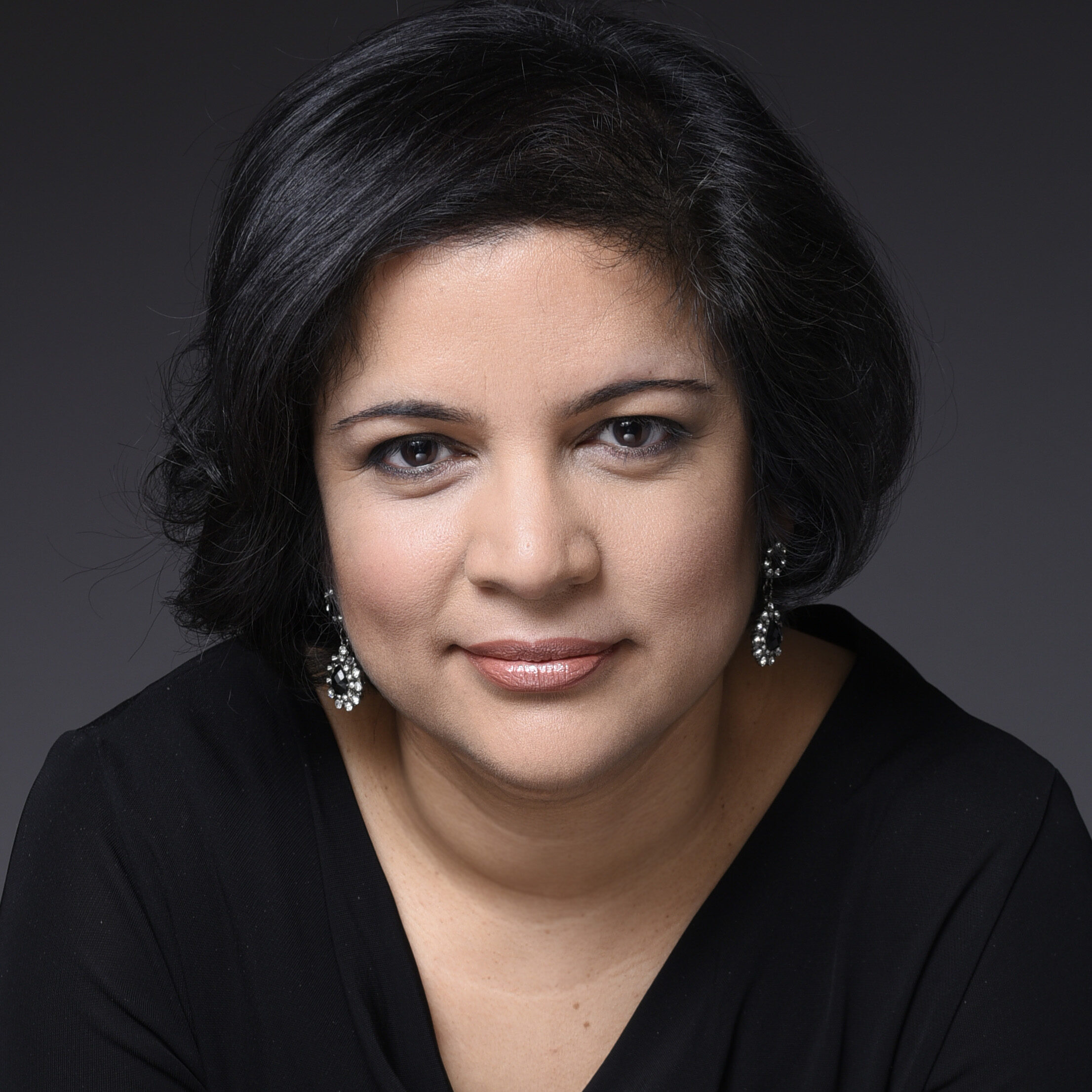Meet the shortlist: Sharda Dean

Meet the shortlist: Sharda Dean
The importance of attracting mature students into HE
My first degree was a BSc in Monetary Economics from the London School of Economics, then I completed an MSc in Economics at Birkbeck College, University of London. I am currently studying for an MSc in Development Studies at the International Development department of the London School of Economics.
I am currently studying for my MSc but prior to that I was Head of the Economics Department of a school in north London, teaching A-level and International Baccalaureate. In my 20s I worked as an economist for various financial institutions.
I am really enjoying taking a year out and studying International Development at the LSE. It is a real privilege to have the time to read, learn and think more deeply. Studying International Development is introducing me to a wider range of perspectives and a more multidisciplinary approach to economic problems than I have previously been used to. I have found the reading load quite a challenge and I am a bit nervous about my upcoming exams, but I’ve really enjoyed researching and writing essays as well as seminar discussions with my fellow students, who are many years younger than me but who have all been very friendly.
As a mature student I was genuinely surprised to find no students my age on my MSc course, and very few over 30. I wanted to understand why this was the case. Given the skills gaps and productivity issues in the UK economy and the increasing retirement age, having the opportunity to learn new skills and to develop existing ones should be something that is accessible to everyone at any age. More education improves individual well-being and earnings as well as labour market dynamism, innovation and economic growth. It makes no economic sense for HE participation to be effectively limited to the young and relatively advantaged groups in the way that currently occurs. In writing this essay I was able to research what the impediments to mature students are and to offer some solutions.
Much has been written about HE institutions already so it was hard to come up with an original and transformative idea, so I tried to write about an existing idea in an innovative way. I did a lot of reading about Higher Education to understand some of the issues and to help inspire me. I was particularly moved by testimonies I read from mature students about the barriers they faced when trying to go back to university. I know that HE institutions take issues of accessibility and diversity very seriously, but my research as well as my experience applying for and taking my MSc made me realise how much more could be done to increase the numbers of mature students and how beneficial this could be.
Everyone deserves to have the opportunity to learn at an HE institution whatever their age or background. This is not only beneficial for the individual, but also for HE institutions, as mature students bring high levels of motivation and engagement and have strong links with the local community, business and industry. We are all living longer and may have two or three careers in a lifetime therefore increasing the accessibility of HE institutions to mature students would enable people to retrain more easily and would ensure the dynamism of the UK labour market, putting HE institutions at the forefront of the UK’s response to the AI revolution and helping to kick-start the economy after years of stagnation.
